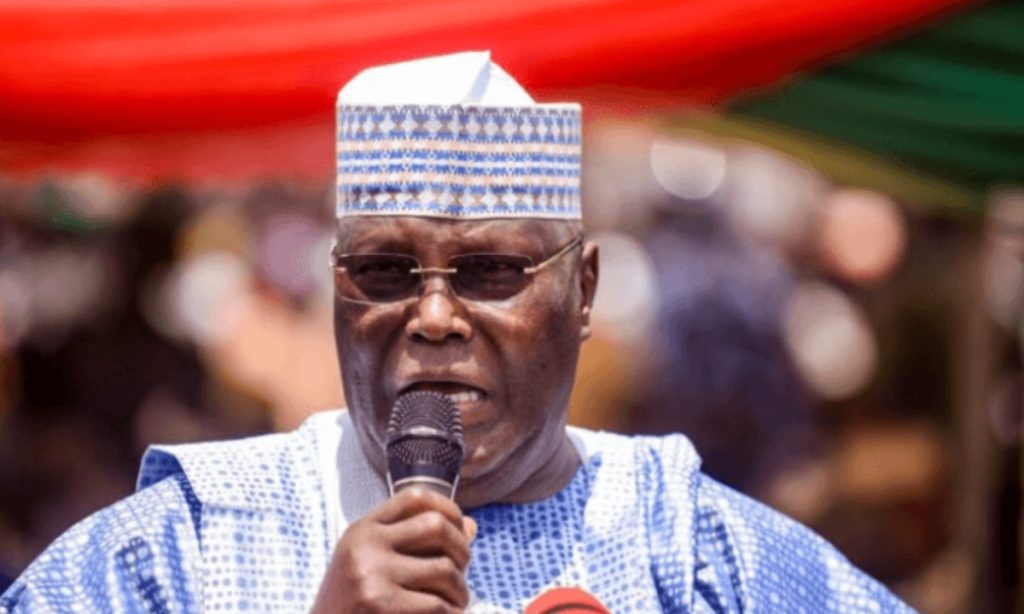The Speaker of the Rivers State House of Assembly, Rt. Hon. Edison Ehie, has taken a formal step by notifying the Independent National Electoral Commission (INEC) about the vacancies in the Assembly. This action comes in the wake of the declaration of the seats of Rt. Hon Martin Amaewhule and 24 others as vacant due to their defection to the All Progressives Congress (APC).
According to a report by Media Talk Africa, the State Assembly declared vacant the seats of the 27 lawmakers who defected from the Peoples Democratic Party (PDP) to the APC. The Speaker made this announcement during a sitting at the temporary hall provided by the Rivers State Governor, Siminalayi Fubara, last week Wednesday.
Ehie underscored that there is no internal conflict within the PDP that justifies the defection of any lawmaker in the House. He emphasized that the decision to declare the seats vacant was in accordance with section 109 (1) (g) and 2 of the Constitution of the Federal Republic of Nigeria 1999 as amended. Additionally, he urged INEC to conduct fresh elections to fill the vacant seats, stressing the importance of ensuring the rightful representation of the people.
The directive from the Speaker to INEC underscores a significant development in Rivers State’s political landscape. This move has the potential to impact the composition of the State Assembly and the dynamics of political representation. It signifies a crucial moment in the state’s political evolution, as the call for fresh elections reflects the commitment to upholding democratic principles and ensuring that the voice of the people remains paramount.
The notification sent by the Speaker to INEC brings vital attention to the intricacies of political maneuvering and constitutional provisions. It also highlights the delicate balance of power and the implications of political realignments in the country’s democratic framework.
As this situation unfolds, it will undoubtedly draw the attention of political analysts, legal experts, and citizens alike, as the implications reverberate beyond the borders of Rivers State, resonating with broader discussions on legislative integrity, party politics, and democratic principles.
The call for fresh elections speaks to the core of democratic ideals, emphasizing the imperative of representative governance and the adherence to constitutional provisions. It underscores the essence of the democratic process, wherein the electorate’s voice is fundamental in shaping the trajectory of governance.
The engagement between the Assembly and INEC underscores the intricate interplay between legislative and electoral institutions, shaping the contours of democratic participation and representation. This development serves as a reminder of the dynamic nature of democratic processes, underscoring the resilience and adaptability of Nigeria’s democratic institutions in the face of political transitions and realignments.
In the broader context, this development in Rivers State mirrors universal themes of political realignments, legislative dynamics, and the complexities of democratic transitions. The intersection of party politics, constitutional imperatives, and electoral processes encapsulates the universal attributes of democratic governance, transcending regional boundaries to resonate with global conversations on political representation and democratic consolidation.
Furthermore, this development underscores the vitality of responsive and accountable political institutions, reaffirming the centrality of democratic values in governance and political transitions. It serves as a testament to the enduring significance of legislative integrity and constitutional fidelity in the evolution of democratic systems.
As the unfolding political narrative in Rivers State captures the attention of diverse stakeholders, it also exemplifies the vibrancy and dynamism of Nigeria’s political landscape. This development encapsulates the essence of democratic evolution, punctuating the ongoing discourse on political representation, legislative ethics, and constitutional adherence.
In conclusion, the Speaker’s notification to INEC regarding the vacancies in the State Assembly evokes the fundamental principles of democratic governance, encapsulating the interplay of constitutional provisions, political representation, and electoral dynamics. It reverberates with universal themes of democratic resilience and adaptability, resonating with global dialogues on political transitions and legislative integrity.



